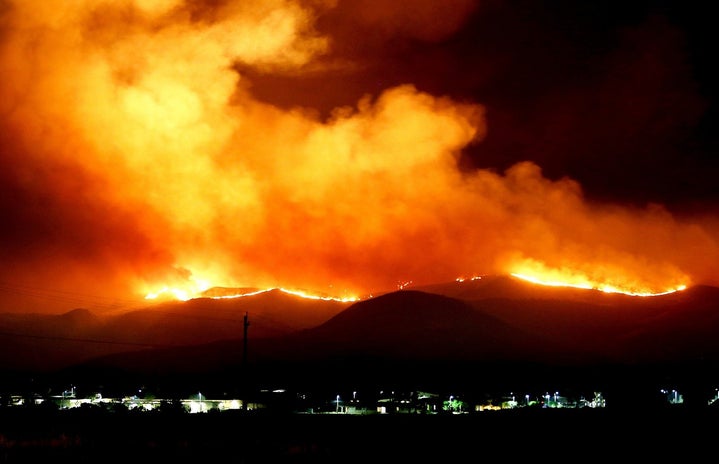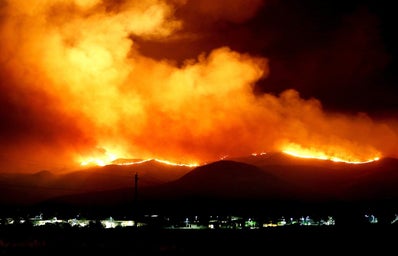California wildfires are no stranger to national news. The 2018 Camp Fire in Northern California burned 153,336 acres and caused 86 deaths. During the same year in Southern California, multiple counties were under strict evacuation orders, and some celebrities even hired private firefighters. Many Californians were shocked to find out that around 27% of the state’s firefighters were incarcerated inmates. Some were shocked to find out that those inmate firefighters were only being paid an average of $3.16 per day. CAL FIRE – the program that oversees all firefighting operations in California – came under fire for justifying the inmate program by stressing its great economic value for the state. But CAL FIRE was exactly right: the inmate firefighter program (even when there are no active wildfires) saves the state an average of $80 million annually. Inmate firefighting in specific, and inmate labor in general, are extremely attractive to state legislatures looking to cut costs and boost the economy.

The CAL FIRE inmate firefighting program is part of a long history of penal labor in the United States – so long that it would take about twenty more articles like this to explore all the facets of penal labor. Penal labor is perfectly legal in the United States under the 13th Amendment of the Constitution: “Neither slavery nor involuntary servitude, except as a punishment for crime whereof the party shall have been duly convicted, shall exist within the United States, or any place subject to their jurisdiction” (emphasis added). Some instances of penal labor are involuntary, but inmates in the firefighting program often volunteer for the positions they have, so terms like “involuntary servitude” don’t seem to apply at first glance. What makes the firefighting program particularly alarming, however, are the dirt-cheap wages and the way the government treats people as a means to an end of cutting costs.
There is some hope, though. The governor of California, Gavin Newsome, signed a law this month allowing inmate firefighters to request to have their criminal records expunged, clearing the way for them to become firefighters after their release. Many firefighters need an EMT certification, which ex-convicts are ineligible for due to their criminal history. With this new law, inmates will be able to use all of their training and countless hours spent risking their lives to fight alongside other firefighters upon release. Hopefully, they’ll receive a humane wage, too.




